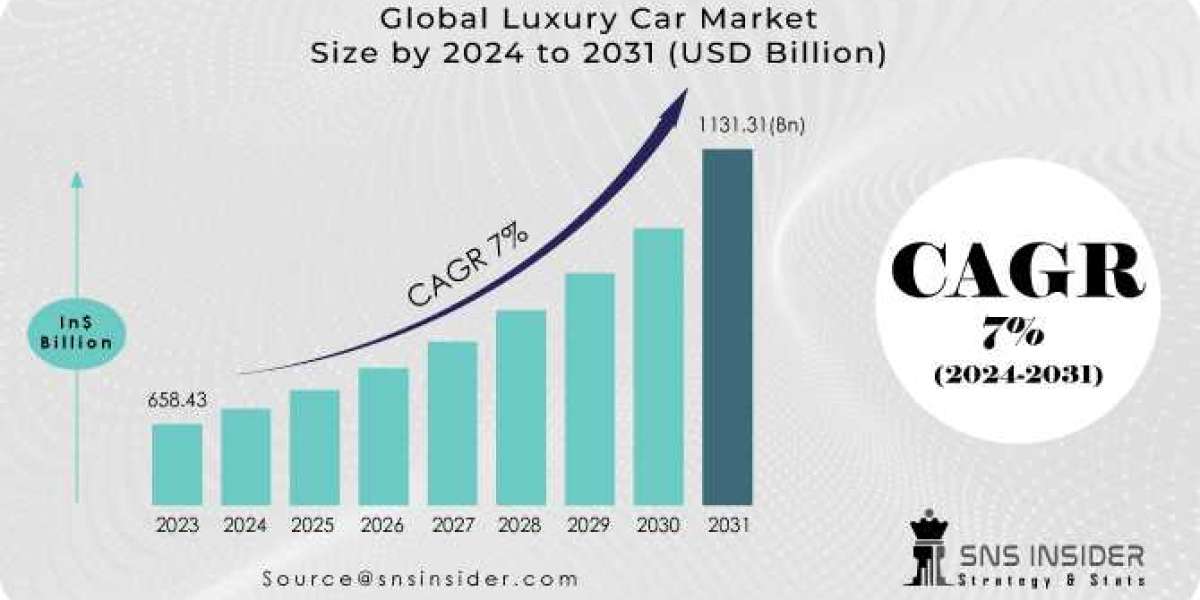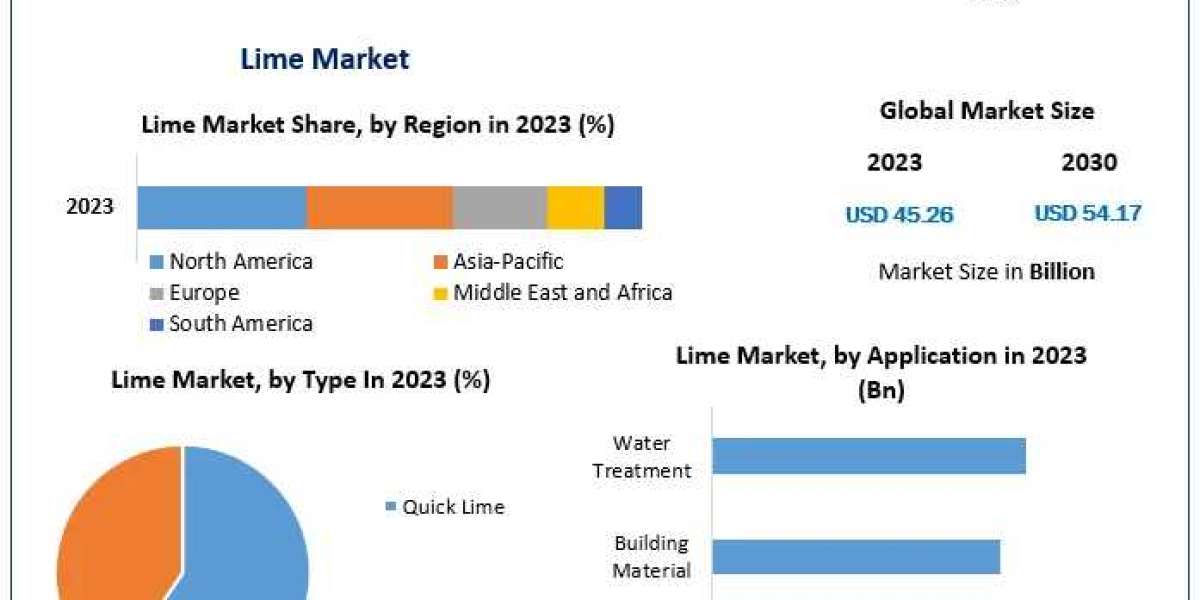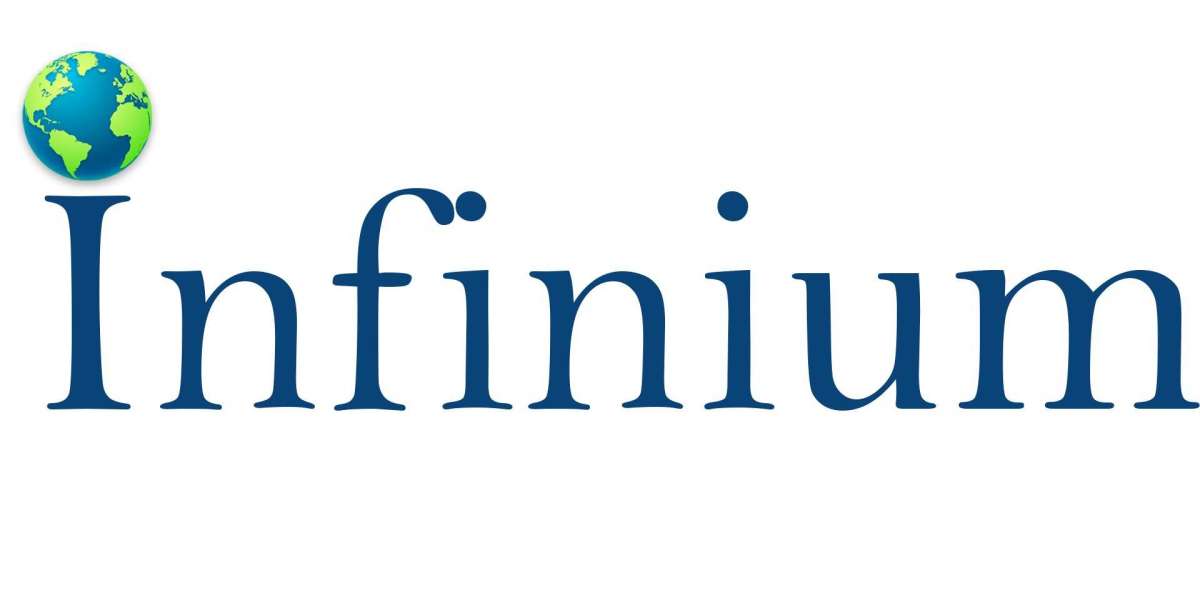Luxury Car Market Share provides an in-depth analysis of the high-end automotive sector, focusing on the unique dynamics that drive demand and shape the competitive landscape. This report explores various aspects of the luxury car market, including product innovations, consumer preferences, and technological advancements that differentiate luxury vehicles from mass-market options. The scope of the report covers a wide range of luxury vehicle segments, such as sedans, SUVs, sports cars, and electric luxury vehicles, each offering a distinct combination of performance, comfort, and cutting-edge technology. The report delves into the critical factors influencing the market, such as the growing demand for personalized and bespoke features, the impact of digitalization on in-car experiences, and the increasing emphasis on sustainability, as evidenced by the rise of electric and hybrid luxury models.
Moreover, the report's analysis extends to a comprehensive examination of market trends, competitive strategies, and regional market dynamics. It assesses how traditional luxury car manufacturers like Mercedes-Benz, BMW, and Audi are adapting to new challenges, such as the shift towards electrification and autonomous driving technologies. The report also highlights the emergence of new players and luxury EV startups that are redefining what luxury means in the automotive industry. Regional analysis within the report identifies key markets, such as North America, Europe, and Asia-Pacific, where luxury vehicles are not only symbols of status but also reflect broader economic trends and consumer behaviours. This holistic approach provides stakeholders with valuable insights into the future trajectory of the luxury car market, helping them make informed decisions in a rapidly evolving industry.
Get a Sample PDF of Luxury Car Market Share https://www.snsinsider.com/sample-request/1037
Major Players in Luxury Car Market Share are:
- Tesla, Inc. (U.S.)
- BMW (Germany)
- Denso Corporation (Japan)
- Daimler AG (Germany)
- Robert Bosch GmbH (Germany)
- Delphi Technologies, Inc. (U.K)
- Audi AG (Germany)
- Porsche AG (Germany)
- NXP Semiconductors N.V. (Netherlands)
- Infineon Technologies AG (Germany)
- General Motors Company (U.S.)
- Continental AG (Germany)
Segmentation Analysis
The Segmentation Analysis of the Luxury Car Market delves into various key segments that define the market's structure and consumer preferences. The market is broadly segmented by vehicle type, which includes luxury sedans, SUVs, sports cars, and convertibles. Each segment caters to different consumer needs and desires, with luxury sedans and SUVs dominating the market due to their blend of comfort, performance, and advanced features. Luxury sedans are often preferred for their elegance, smooth driving experience, and technological sophistication, making them a popular choice among business executives and professionals. On the other hand, luxury SUVs have gained significant traction due to their spacious interiors, robust performance, and versatility, appealing to families and individuals seeking a combination of luxury and practicality. Sports cars and convertibles, while catering to a more niche market, are highly sought after for their superior performance, cutting-edge design, and the thrill they offer to driving enthusiasts.
Another crucial aspect of the segmentation is powertrain type, which includes internal combustion engine (ICE) vehicles, hybrid vehicles, and electric vehicles (EVs). The traditional ICE luxury vehicles continue to hold a substantial share of the market, particularly in regions where infrastructure for EVs is still developing. However, there is a noticeable shift towards hybrid and electric luxury cars as environmental concerns and stringent emission regulations push manufacturers to innovate in the green mobility sector. Luxury car buyers are increasingly drawn to hybrid and electric models that offer not only sustainability but also state-of-the-art technology, seamless connectivity, and a quiet, refined driving experience. Furthermore, the segmentation analysis extends to geographic regions, identifying key markets such as North America, Europe, and Asia-Pacific, each with distinct consumer behaviours and market dynamics. In regions like Europe, the demand for electric luxury vehicles is particularly strong, driven by supportive government policies and a growing preference for eco-friendly transportation solutions.
Key Segments Covered in this Reports are:
by Vehicle Type
- SUV
- Sedan/Hatchback
- Sports/Super Luxury Cars
by Propulsion
- Electric/Hybrid
- ICE
by Component
- Drivetrain
- Interior
- Body
- Electronics
- Chassis
Luxury Car Market Share Drives
Luxury Car Market Share is primarily driven by the increasing demand for advanced technology and innovation, which distinguishes luxury vehicles from their mainstream counterparts. Consumers in the luxury car segment are not only looking for vehicles that offer superior performance and comfort but also expect cutting-edge features such as autonomous driving capabilities, advanced driver-assistance systems (ADAS), and high-end infotainment systems. The integration of artificial intelligence, connectivity, and smart features in luxury vehicles has become a significant selling point, attracting tech-savvy consumers who are willing to pay a premium for the latest innovations. Moreover, the growing trend of electric vehicles (EVs) in the luxury segment is contributing to market share expansion, as manufacturers like Tesla and Porsche lead the way with high-performance, sustainable models that appeal to environmentally conscious consumers without compromising on luxury or performance.
Another key driver of market share in the luxury car market is the rising global wealth, particularly among high-net-worth individuals (HNWIs) and the affluent middle class in emerging markets. Regions like Asia-Pacific, especially China and India, are witnessing a surge in demand for luxury vehicles as economic growth leads to increased disposable incomes and a desire for status symbols. Luxury car manufacturers are capitalizing on this trend by expanding their product lines and tailoring their offerings to suit regional preferences, such as incorporating local design elements or offering customization options. Additionally, the emphasis on brand heritage, exclusivity, and bespoke services further strengthens the market position of established luxury brands like BMW, Mercedes-Benz, and Audi, which continue to dominate the market share by consistently delivering a blend of innovation, performance, and timeless appeal.
Regional Analysis
North America remains a dominant market for luxury cars, with the United States leading in both production and consumption. The strong presence of high-net-worth individuals and a cultural emphasis on status symbols drive the demand for luxury vehicles in this region. In addition to traditional luxury brands like Mercedes-Benz, BMW, and Audi, the market is also seeing a growing interest in luxury electric vehicles (EVs), particularly from companies like Tesla, which is headquartered in the U.S. The region's well-established infrastructure, coupled with consumers' preference for high-performance and technologically advanced vehicles, continues to fuel growth in the luxury car market.
Europe is another key region for the luxury car market, with countries like Germany, the UK, and Italy playing pivotal roles. Germany, home to automotive giants such as BMW, Audi, and Mercedes-Benz, is a global leader in luxury car manufacturing. The European market is characterized by a strong demand for premium vehicles that combine cutting-edge technology with traditional craftsmanship. Additionally, the region is at the forefront of the shift towards sustainable mobility, with a growing segment of luxury car buyers opting for hybrid and electric models. Government incentives for low-emission vehicles and stringent environmental regulations are driving the adoption of luxury EVs, making Europe a critical market for the future of luxury automotive innovation.
In the Asia-Pacific region, the luxury car market is experiencing rapid growth, particularly in China and India. China, in particular, has emerged as one of the largest markets for luxury vehicles globally, driven by a burgeoning middle class and the rise of affluent consumers. Chinese buyers are increasingly attracted to luxury vehicles as symbols of success and status, leading to high demand for both imported and locally manufactured luxury cars. The market is also seeing a surge in the popularity of luxury SUVs, which cater to the preferences of Chinese consumers for spacious and versatile vehicles. In India, economic growth and rising disposable incomes are similarly boosting the demand for luxury cars, though the market is still in its nascent stages compared to China. Overall, the Asia-Pacific region is expected to continue its upward trajectory, driven by economic expansion and a growing appetite for luxury and innovation in the automotive sector.
Contact Us:
Akash Anand – Head of Business Development Strategy
Phone: +1-415-230-0044 (US) | +91-7798602273 (IND)
About Us:
SNS Insider is a market research and insights firm that has won several awards and earned a solid reputation for service and strategy. We are a strategic partner who can assist you in reframing issues and generating answers to the trickiest business difficulties. For greater consumer insight and client experiences, we leverage the power of experience and people.
When you employ our services, you will collaborate with qualified and experienced staff. We believe it is crucial to collaborate with our clients to ensure that each project is customized to meet their demands. Nobody knows your customers or community better than you do. Therefore, our team needs to ask the correct questions that appeal to your audience in order to collect the best information.
Related Report
Warehouse Racking Market Share
Data Center Automation Market Size



